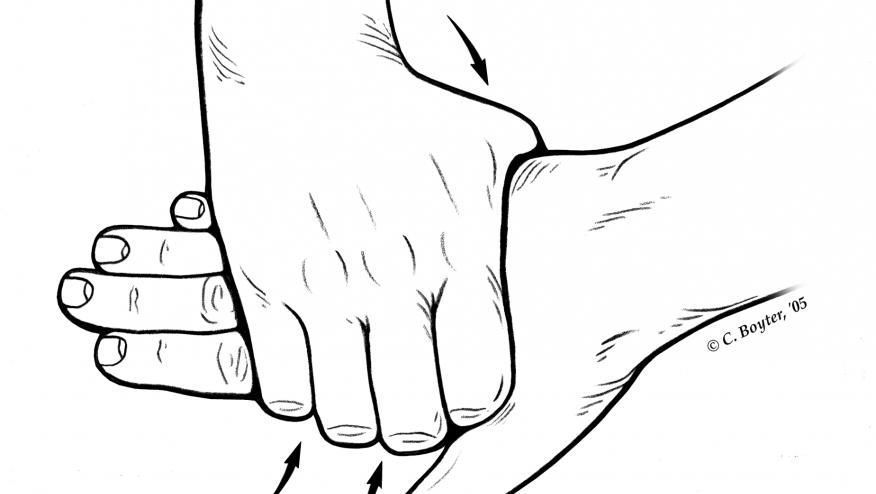ARIAA Trial: Abatacept Delays the Onset of RA Save

The ARIAA trial tested the utility of IV abatacept in individuals ACPA+ arthralgia patients with subclinical inflammation and showed abatacept to decrease MRI inflammation, clinical symptoms, and risk of future rheumatoid arthritis (RA) development.
A total of 100 patients with ACPA positive arthralgia (but no swelling) were enrolled if they had MRI evidence of subclinical inflammation (osteitis, synovitis, or tenosynovitis) in the hand. Patients were randomized to receive either weekly subcutaneous abatacept 125 mg or placebo for 6 months followed by a double-blind, drug-free, observation phase for 12 months. The primary outcome was the proportion of participants with any reduction in inflammatory MRI lesions at 6 months.
Of 100 participants, 50 were randomly assigned to abatacept 125 mg and 50 to placebo. Two participants (one from each group) were excluded; thus, 98 were included in the modified intention-to-treat analysis.
The 6 months are shown below:
| 6 mos Outcome | Abatacept | Placebo | p Value |
| MRI improved | 57% | 31% | 0.014 |
| RA developed | 8% | 35% | 0.0016 |
At 18 mos (12 mos off of ABA), the results remained significant as shown below:
| 18 mos Outcome | Abatacept | Placebo | p Value |
| MRI improved | 51% | 24% | 0.012 |
| RA developed | 35% | 57% | 0.018 |
There were 12 serious adverse events in 11 participants (4 abatacept and 7 placebo). THere were no deaths.
Abatacept delayed the onset of inflammatory arthritis (RA), with effects persisting for an additional 1-year during drug-free observation.
Join The Discussion
Makes sense. Block T cell activation early in the process when the immune system is not super-revved up and there is the possibility of avoiding progression. A relatively safe and effective means by which to interrupt what may be a common and inexorable progression. Perhaps not cost effective, but this should be evaluated in moving forward.
I agree. THis certainly proves the rational and the targeted intervention. But larger, longer trials would be needed to repeat these findings enough to become useable!










If you are a health practitioner, you may Login/Register to comment.
Due to the nature of these comment forums, only health practitioners are allowed to comment at this time.